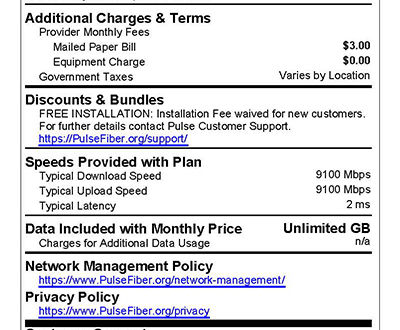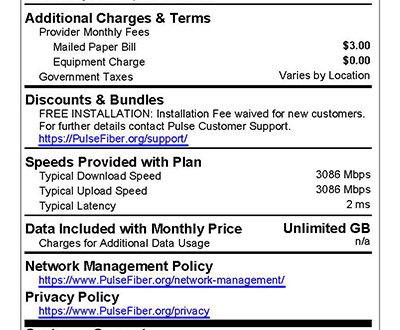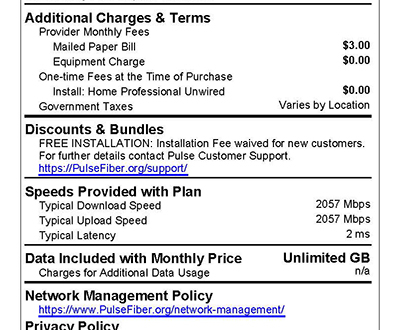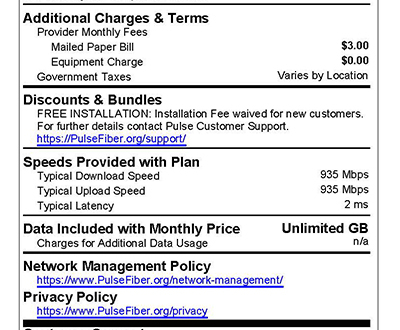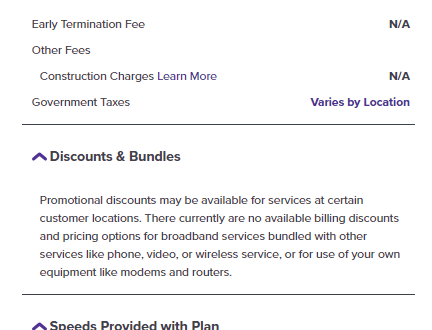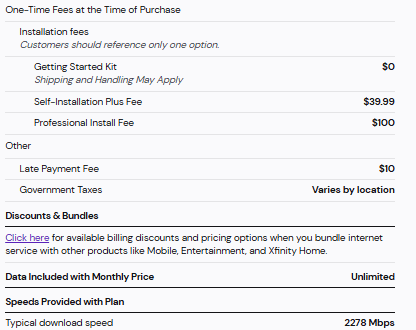Best WiFi for Gaming in Colorado
If you care about ping, stability, and fast patch downloads, Colorado gamers have three go-to options: Pulse Fiber Internet, Xfinity, and Quantum Fiber (Lumen’s all-fiber brand; CenturyLink still shows up mainly where fiber isn’t lit). All three can work. Our take stays the same: Pulse is the best overall—symmetrical multi-gig fiber, no caps, and a network built for consistently low latency. Xfinity is a strong runner-up and now offers higher top speeds statewide with symmetrical uploads in select DOCSIS 4.0 areas.
Quantum Fiber is excellent where its fiber is actually available; where only CenturyLink DSL is offered, it won’t match fiber or modern cable for serious play.
Quick comparison (Colorado)
| Provider | Tech | Top speeds (down/up) | Data caps | Typical entry price* |
| Pulse Fiber Internet | Fiber to the home (FTTH) | Up to 10 Gbps / 10 Gbps (symmetrical) | No caps | $59.95–$199.95/mo (tiers incl. 250 Mbps, 1 Gbps, 3 Gbps, 10 Gbps). |
| Xfinity | Cable (DOCSIS). DOCSIS 4.0 in limited CO areas | 300 Mbps, 500 Mbps, 1 Gbps, 1.2 & 2 Gbps download plans. Uploads vary by area; symmetrical uploads available in select DOCSIS 4.0 neighborhoods. | No Caps on current national plans | $55–$130/mo depending on 5-year vs. “Everyday” pricing for 300 Mbps–2 Gbps tiers. |
| Quantum Fiber | FTTH (address-dependent) | Up to 500 Mbps, up to 940 Mbps, and multi-gig (2/3/8 Gbps) in select locations; symmetrical. | No caps | Varies by market and plan. |
*Competitor comparison based on publicly available data as of 10/24/2025. Comparison limited to the information available on competitor websites. Actual speeds may vary. View our broadband labels here for more detailed information on our fiber internet speeds.
Why Pulse is still the best WiFi for gaming in Colorado
True fiber, end-to-end. Pulse brings fiber all the way to your home (FTTH), so every tier, 250 Mbps, 1 Gig, 3 Gig, even 10 Gig, delivers equal download and upload speed. That symmetry keeps your ping steady when the house is busy with cloud backups, party chat, and 4K streams. You also get no data caps and a local team backing the network.
Low jitter that feels “invisible.” Competitive play punishes latency spikes. Fiber’s optical path is inherently more stable than shared coax during peak hours, which is why fiber remains the gold standard for smooth hit-reg and consistent aim tracking.
Bottom line: If Pulse is available at your address, it’s the most “set-and-forget” choice for gaming; fast, stable, symmetrical, uncapped, and locally supported.
Xfinity: Higher top speeds and symmetrical uploads/downloads in select areas
What’s new. Xfinity’s nationwide plan grid now centers on 300 Mbps, 500 Mbps, 1 Gbps, and 1.2–2 Gbps tiers, with simple one-year, five-year, and “Everyday” pricing, and unlimited data included. That makes their lineup easier to compare versus fiber.
Uploads and gaming. In select DOCSIS 4.0 markets, Comcast’s X-Class offerings introduce symmetrical uploads and downloads, bringing cable much closer to fiber for party chat, streaming, and remote play. Outside those upgraded pockets, uploads still trail downloads (often well below the downstream rate), so peak-hour latency can fluctuate more than fiber.
Who should pick it. If Pulse or Quantum Fiber aren’t at your address and you want the fastest readily available install, Xfinity is the most practical alternative, especially if your street is in a DOCSIS 4.0 zone.
Quantum Fiber
Denver-area pages show up to 500 Mbps, up to 940 Mbps, plus multi-gig (2/3/8 Gbps) in select locations. It’s true fiber to the home with symmetrical speeds, which is excellent for gaming.
CenturyLink DSL is the fallback. Where Quantum Fiber hasn’t been built, the “CenturyLink” option is often DSL with much lower downstream and upstream rates, which struggles with big patches and streaming while gaming. In those cases, Pulse (if available) or Xfinity will deliver a smoother experience.
Quick Picks for Gamers
- Competitive shooters & battle royales: Prioritize low latency and low jitter; pick Pulse first, then Quantum Fiber, then Xfinity (best in DOCSIS 4.0 areas).
- Cloud gaming & remote play: Upstream stability matters; fiber wins.
- Streaming while gaming: If you livestream or upload clips mid-match, symmetrical fiber prevents voice-chat crackle and packet queuing.
Broadband Labels
- Our 10G plan
- Our 3G plan
- Our 2G plan
- Our 1G plan
- Our 250 Mbps plan
- This is the fastest speed we were able to locate for Quantum Fiber at a Denver, CO address.
- This is the fastest speed we were able to locate for Xfinity at a Denver, CO address
Final Thoughts on Choosing the Best WiFi for Gamers in Colorado
All three brands can deliver fun gaming in Colorado. But if you want the lowest-stress, most future-proof setup, fiber with symmetrical speeds and no caps is the standard—and that’s exactly what Pulse delivers today, with clear multi-gig tiers up to 10 Gbps and local support. Xfinity is a very capable second choice, especially where DOCSIS 4.0 enables symmetrical uploads alongside its expanded 300 Mbps–2 Gbps lineup. Quantum Fiber is excellent where it’s lit; if your lookup falls back to CenturyLink DSL, it won’t match fiber or modern cable for serious gaming.
Don’t take our word for it, PCMag also ranked Pulse as the top internet for gamers in 2024 and 2025!

